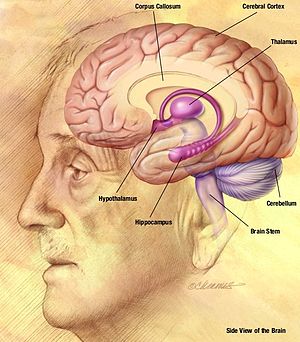The 28-year-old father said he sparred with his supervisors at a retail chain about taking time off after his mother died — and ended up unemployed. Since then, Roquemore has worked odd jobs and started studying nursing at Long Beach City College, trying to get "a career, not a job." All those changes, in turn, changed the way he thought of himself.
Roquemore is among the small but surging share of Americans who identify themselves as "lower class." Last year, a record 8.4% of Americans put themselves in that category — more than at any other time in the four decades that the question has been asked on the General Social Survey, a project of the independent research organization Norc at the University of Chicago.
The rising numbers surprised some researchers and activists even in light of the bruising economy. Read more >>


